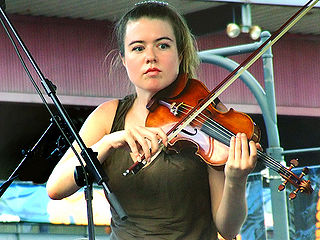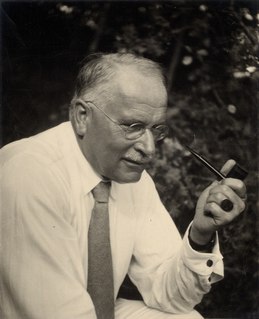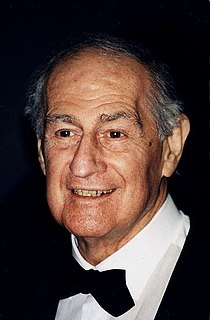A Quote by Lara St. John
Normally, the same strange impulse which brings a crowd to an accident is present in the reaction to a concert in which something goes wrong.
Related Quotes
In contrast to revenge, which is the natural, automatic reaction to transgression and which, because of the irreversibility of the action process can be expected and even calculated, the act of forgiving can never be predicted; it is the only reaction that acts in an unexpected way and thus retains, though being a reaction, something of the original character of action.
My concern today is with the painting of manners of the present. The past is interesting not only by reason of the beauty which could be distilled from it by those artists for whom it was the present, but also precisely because it is the past, for its historical value. It is the same with the present. The pleasure which we derive from the representation of the present is due not only to the beauty with which it can be invested, but also to its essential quality of being present
Discipline brings us effort, sacrifice and suffering. Later it brings us something of an inestimable value: something of which those who live only for pleasure, profit or amusement will always be deprived. This peculiar indefinable joy which one must have felt oneself to understand is the sign with which life marks its moment of triumph.
The man who is asleep reacts; he knows nothing of action. And reaction is a binding: it binds you into new prisons, new chains. Response is out of freedom, hence it brings more freedom. Reaction is out of the past; you act according to your memories, built-in by your experiences, conditionings. You react not to the present, not in the present. You don`t reflect the real situation as it is; you go on interpreting it according to your past, your past experiences. The man who is awake is like a mirror: he reflects that which is the case. HE IS AWAKE.
Religion is the vision of something which stands beyond, behind, and within, the passing flux of immediate things; something which is real, and yet waiting to be realised; something which is a remote possibility, and yet the greatest of present facts; something that gives meaning to all that passes, and yet eludes apprehension; something whose possession is the final good, and yet is beyond all reach; something which is the ultimate ideal, and the hopeless quest.
Most people have learned to live in the moment. The argument goes that if the past has uncertain effect on the present, there is no need to dwell on the past. And if the present has little effect on the future, present actions need not be weighed for their consequence. Rather, each act is an island in time, to be judged on its own. ... It is a world of impulse. It is a world of sincerity. It is a world in which every word spoken speaks just to that moment, every glance given has only one meaning.
The desire to punish is a desire that emanates from a place of equality and justice. The lesson I feel that we have to confront is that that impulse is so easily transmuted into something corrosive and corrupt in how it's actually put into practice. That's the danger. It's not that the impulse is wrong or unjust or not totally righteous. It's that the ways in which the system that operates, the system that we've constructed tends to not deliver the promise of equity we might want, when we look to the system to provide it.
Love, which, in concert with Abstinence, established Faith, and which, along with Patience, builds up Chastity, is like the columns that sustain the four corners of a house. For it was that same Love which planted a glorious garden redolent with precious herbs and noble flowers-roses and lilies-which breathed forth a wondrous fragrance, that garden on which the true Solomon was accustomed to feast his eyes.




































